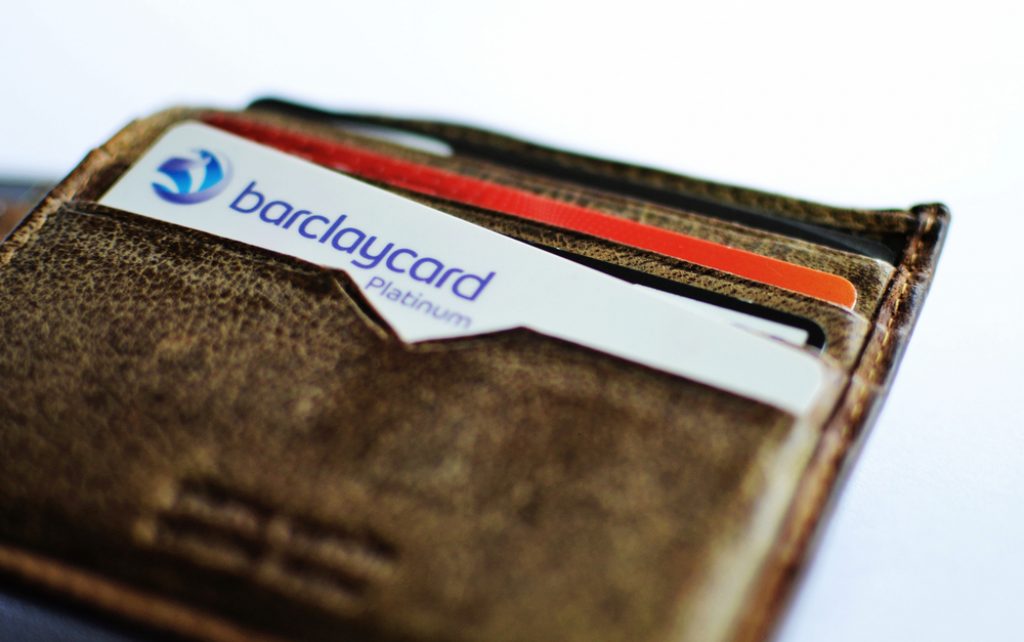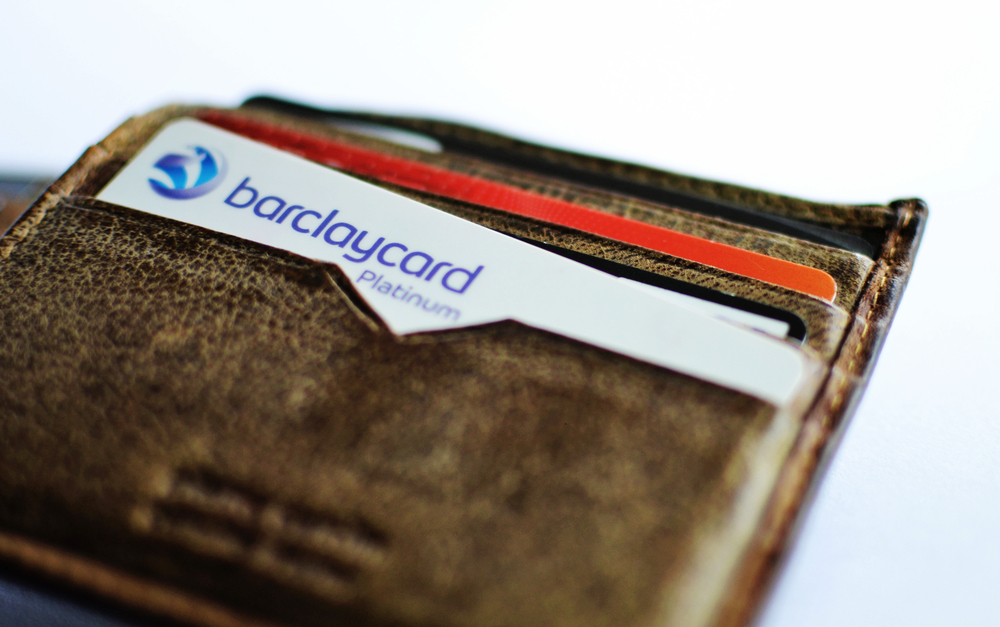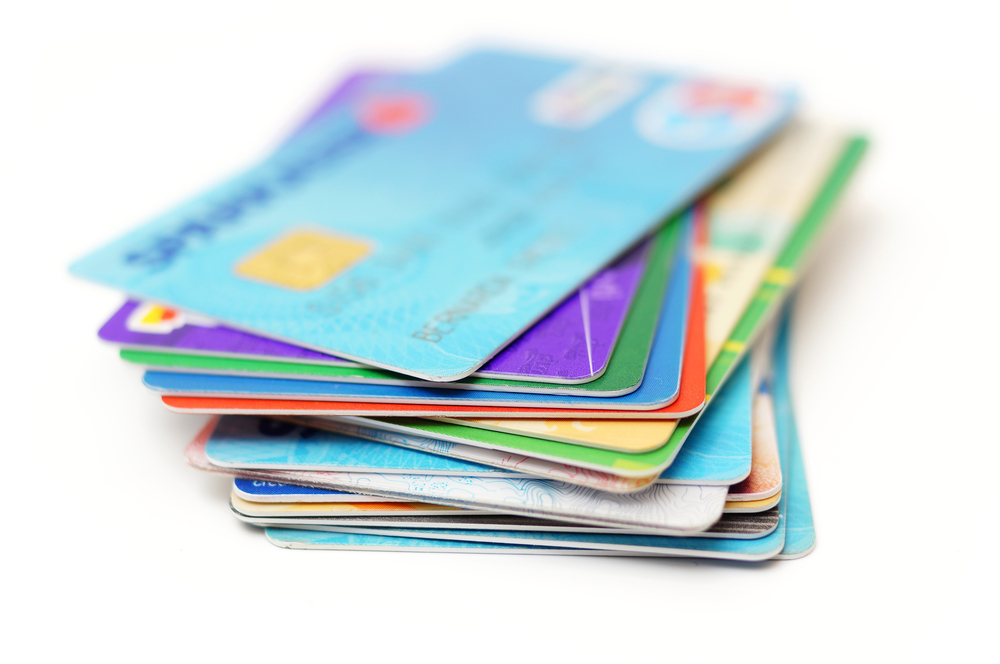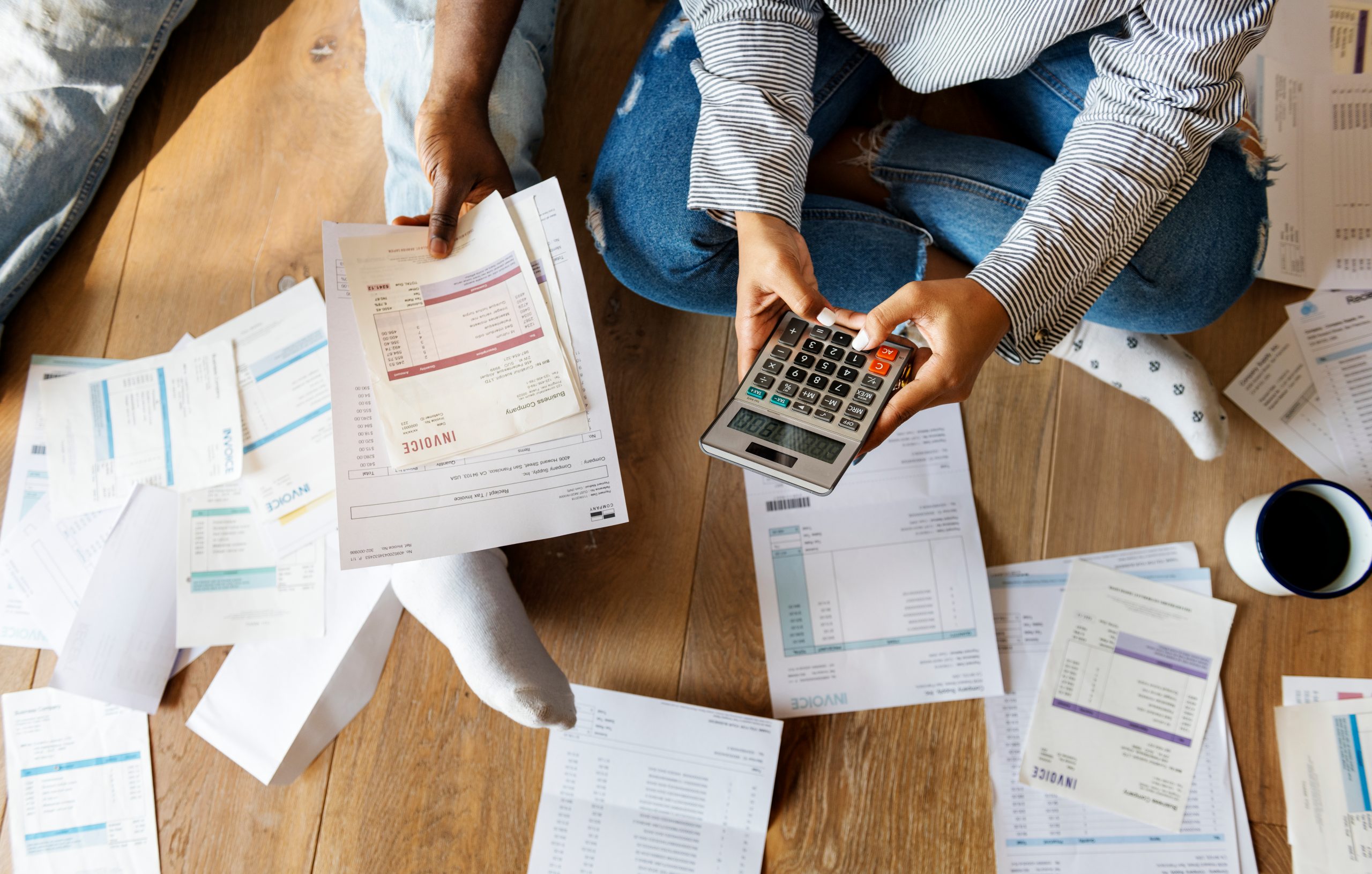The lender is reducing the amount cardholders need to repay each month – but decreasing payments will cost you more in the long run.
Barclaycard has written to customers explaining that it is changing how it calculates the minimum repayment customers must make on their credit card bill each month.
The lender is also reducing interest rates for many customers. In the customer example YourMoney.com has seen, Barclaycard is reducing the simple interest rate from 31.25% to 24.03% for outstanding balances, cash and purchases.
But experts say the lender hasn’t made it clear enough that lower minimum repayments will mean paying a lot more interest over time.
How do minimum repayments work?
Every credit card has a minimum payment customers need to make each month. Failing to make the payment could result in a late payment fee, and any 0% interest deal on your card could be cancelled.
Under Financial Conduct Authority (FCA) rules, 1% plus interest is the lowest amount credit card firms can set as a minimum monthly payment.
At the moment, Barclaycard uses a tiered structure, where customers are required to pay between 2.25% and 4.25% of their overall balance each month.
But from 22 July, customers will pay the highest of the following each month:
- 1% of the customer’s main credit card balance, plus any instalment plan payments
- 1% of the customer’s main balance plus any interest, default fees or account fees, plus any instalment plan payments
- The customer’s total outstanding balance, if this is less than £5
As an example, if you had a £2,500 balance on your card, you’d currently need to pay a minimum payment of £127.60, but from July, this will fall to £76.06.
What do Barclaycard customers need to do?
If you have a direct debit to cover the minimum payment, Barclaycard will change this for you to reflect the required payment.
If you pay by standing order or fixed direct debit each month and want to reduce this to match your new minimum payment, you’ll need to do this by 22 July 2024.
If the changes to the minimum repayment amount mean you want to close your Barclaycard account, you can do this by texting ‘REJECT’ and 9XC8HC3 to 60268 by 5 July 2024.
You can also close your account by logging in to the Barclaycard app or calling 0800 151 0900 (Monday to Friday from 7am to 8pm, and Saturdays from 9am to 5pm).
Once you have done this, your interest rates and minimum payment will stay the same. You won’t be able to spend on your card, but you’ll need to continue to make at least your current minimum payment each month until your balance is paid off.
Why reducing the minimum repayment will cost you more
In an email to customers, Barclaycard said: “This change gives you more flexibility with your monthly payment, but paying more than the minimum will help clear your balance sooner and pay less interest.”
Paying more than the minimum amount each month can save you thousands of pounds in interest. In the above example of a £2,500 balance, if you paid a fixed amount of £200 rather than the minimum each month, you’d save £4,379.08 in interest, according to Barclaycard’s calculations.
According to Debt Camel, a Barclaycard customer who pays the minimum for 18 months is going to start getting ‘persistent credit card debt’ letters from Barclaycard. This means, under FCA rules, that Barclaycard would have to take action to help them after three years of paying minimum payments.
Barclaycard’s current minimum payment rules mean that few customers fall under the regulator’s persistent credit card debt rules.
Debt Camel said in a statement on its website that Barclaycard “hasn’t been explicit that, because it is reducing the minimums, this means that you will be paying more interest if you pay the minimums. It showed how much your minimum payments might drop, but didn’t mention how much longer it would take to repay the debt at this lower rate.”
It added: “Although Barclaycard is presenting the change as giving customers more flexibility, it is also a move that will generate a lot of extra profit for Barclaycard. I don’t think most customers reading the information from Barclaycard will realise the full effect of what sounds like a minor change. I think Barclaycard should have known this and been clearer in its communications.
“Also, it isn’t clear that decreasing the minimum payments is contributing to what the regulator calls ‘a good customer journey’. Moving from a situation where Barclaycard had few or no customers in persistent credit card debt to one where many may fall into this by the end of 2025 seems like a retrograde step.”





